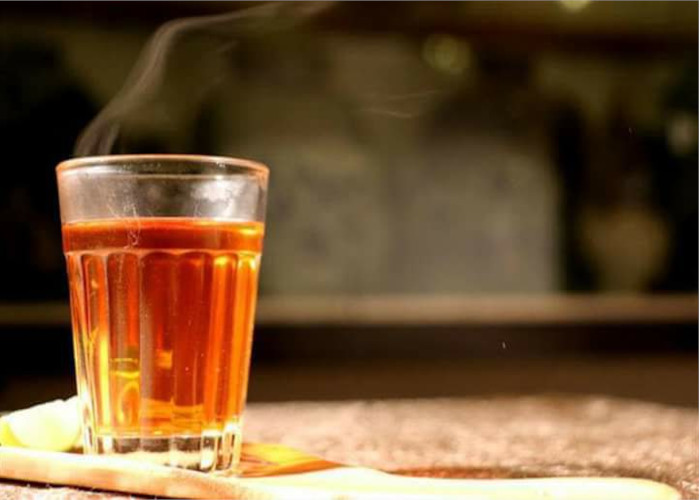

A steaming cup of chai, this is how the borders, languages and cultures blend and meet in our Country. In India, this humble agent of social interaction can be found across the country in little roadside shops. These unpretentious outlets often serve the cheapest and the most delicious types of tea. And among this illustrious list of tea varieties is the delightfully refreshing yet often overlooked Sulaimani chai. Brewed to a beautiful shade of amber, Sulaimani chai is an ambrosial tea made without any milk and served with an invigorating dose of lemon. You may often find a mint or basil leaf floating within, infusing it with fresh herby flavours and a heady aroma. Or, in some cases, a sprinkle of ground cardamom and cinnamon may be added.
A tea full of fresh flavours, Sulaimani chai is admired by many, especially in southern India. But few fans know the fascinating tales behind this tea.
According to folklore, Sulaimani tea is believed to have Arab origins. It is said that Prophet Mohammed used to enjoy drinking a beverage called ghava with dates and black pepper (but no tea) added to it. With time, the Arabs inherited the tradition of drinking ghava but made some slight changes to the ancient recipe.
Later, the beverage was brought to the southern Malabar coast of India by Arab traders who were frequent visitors there. The cultural intermingling that followed led to the addition of local spices and the replacement of dates with sugar. Somewhere along the line, tea was added to the drink.
It was also in Malabar that it started being called Sulaimani — in Arabic, the name Sulaiman translates to “man of peace”.
Prep Time : 5 mins
Serving : 3
Have a cup of sulaimani to sit back and enjoy your “me time”. Or have a quality time with family and friends while sipping the heartwarming beverage known to break down boundaries.